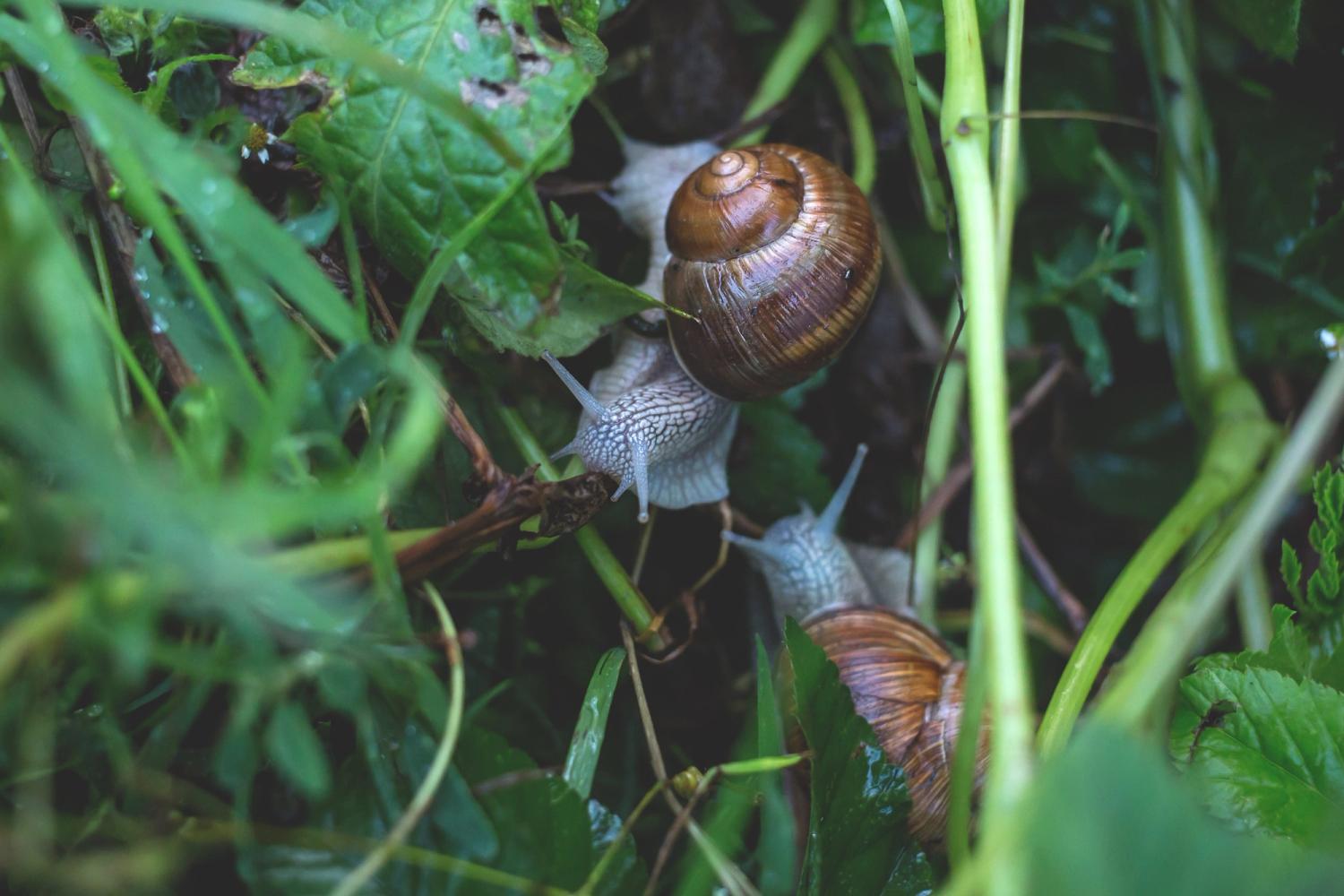Integrated Pest Management (IPM) is the practice of using a range of approaches to tackle weeds and pests - such as slugs and aphids.
This is a more environmentally friendly way of protecting crops from these threats without a blanket application of chemicals and has added benefits of increasing biodiversity too.
With chemical and fuel costs on the rise, it can also be a more economical approach to land management - especially considering that we may be able to fund elements of IPM through our capital grants scheme.
This might include calibrating sprayer machines, introducing buffer strips or planting nitrogen-fixing cover crops to name but a few examples.
IPM in practice
Earlier this year, we worked with environmental consultancy ADAS(opens in a new tab) to offer free IPM audits to land holders in our Lower Thames river catchment area.
Winkfield Parish Council, Berkshire
This parish council owns and manages nine recreation grounds, which include seven play areas, five football pitches, three tennis courts, a cricket pitch and several open spaces.
Our partners at ADAS(opens in a new tab) visited some of these with Winkfield's head groundskeeper to look at how they could control weeds and pests to create aesthetically pleasing spaces, while increasing biodiversity and minimising the environmental impact.
They gave them simple, yet effective alternatives, such as swapping weed-prone grass under railings for a flower border, sowing wildflowers on the recreation ground and swapping potentially harmful weedkiller spray for special hot foam - ideal for hard spaces such as children's play areas.

Find out more
To find out more about how we could help you with Integrated Pest Management, contact us at catchment@southeastwater.co.uk(opens in a new tab).
Please include your postcode so we can put you in touch with your local advisor.
